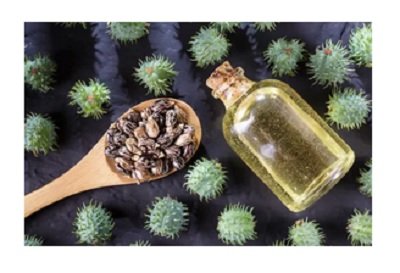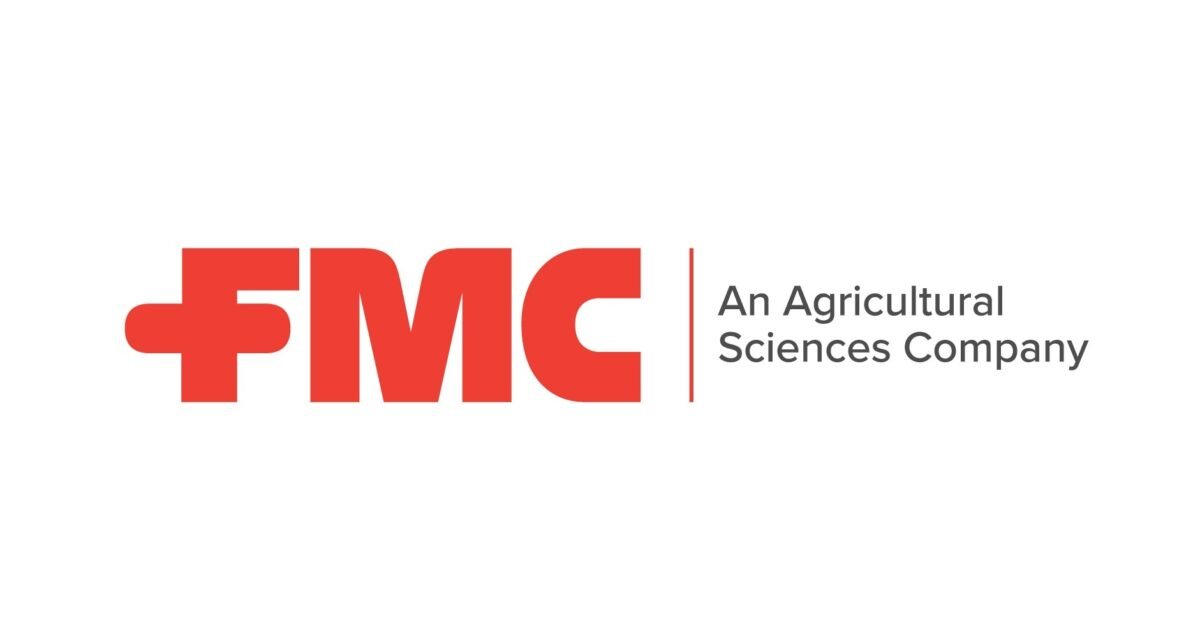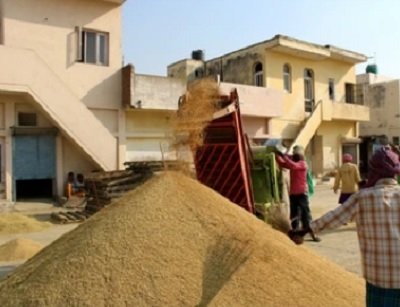Proman partners with CropX
To invest in cutting-edge technology to make farming more sustainable
Proman, an integrated energy company and one of the world’s top ten nitrogen fertiliser producers, announced a new strategic partnership with CropX, a global pioneer in digital farm management systems.
CropX technology provides farmers and industry experts with the data and information they need to increase farming sustainability through conserving resources across the value chain and increasing crop yields, resulting in a more sustainable food production environment.
The investment underlines Proman’s commitment to actively supporting innovative technology solutions that can improve agricultural sustainability at a time when it is crucial for global food security and nutrition.
David Cassidy, CEO, Proman said, “We look forward to contributing our expertise as a fertiliser producer to this initiative and supporting CropX’s vision to utilise technology to boost farmer productivity and incomes, improve food security, and strengthen the resilience of the global food production systems. With food security becoming an increasingly pressing global issue, we believe that Digital Agro technologies have the potential to significantly increase agricultural productivity and support more sustainable agriculture around the world.”
Tomer Tzach, CEO, CropX said, “We are fortunate to partner with such an incredible global leader in nitrogen fertiliser. Using technology to precisely manage fertiliser application is the next frontier, and companies such as Proman and CropX will lead the way. We are excited that Proman sees the great value in our fertiliser management capabilities, which are an important part of the growing suite of decision tools that CropX offers to help farmers grow more with less.”
To invest in cutting-edge technology to make














